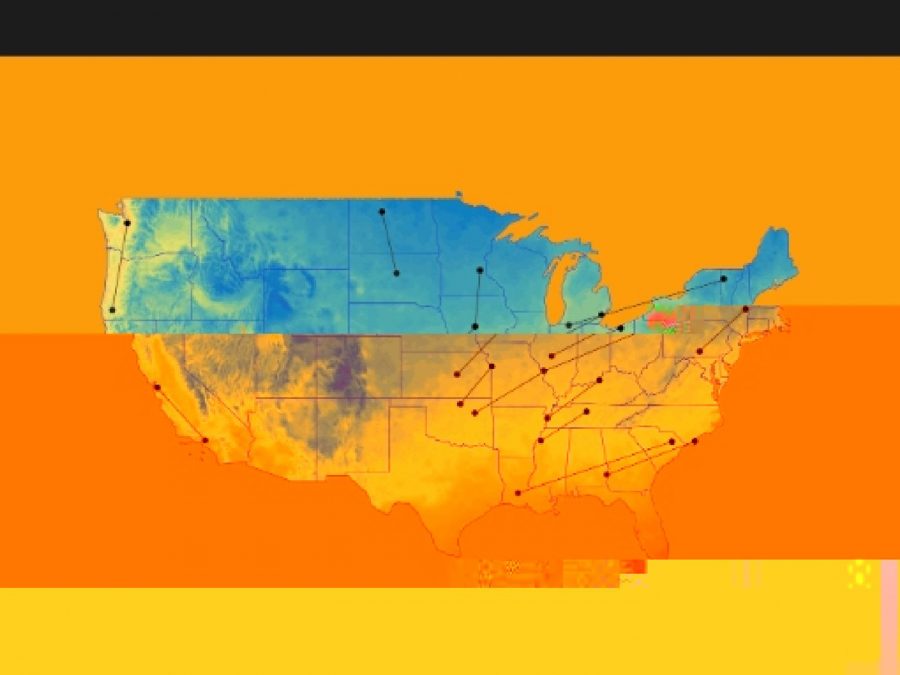Role models in inaction
Real progress regarding climate change can be made if the country taps into the power of the American consumer.
The world is on the verge of climate-related deadlines that will determine the fate of the planet’s warming, caused by increased greenhouse gas concentrations in the atmosphere. Americans need to start taking some responsibility for the country’s careless consumption of nonrenewable energy, which is a major contributor to greenhouse gases. The United States has now rejoined the Paris Climate Agreement, but this alone will not significantly change the path down which the world is currently heading. In fact, the agreement was described by one diplomat as a collective agreement of inaction instead of action, and many individual pledges for sustainability follow this same trend. If a terrible fate is to be avoided, Americans need to become role models in sustainable energy use – both for each other and the rest of the world.
It will not matter how many governmental agencies and positions are devoted to environmental sustainability if the people refuse to take responsibility for their own energy use. When the people care, companies care. A single individual may not influence whether companies follow through with non-binding pledges to decrease carbon emissions and stop drilling new oil wells in the Arctic, but when millions or even billions of people care, companies will bend to consumer demands – especially if doing so increases their profit.
But China emits more carbon than the United States! They should be the ones taking action! True, but this begs the question of when the United States started allowing the inaction of others to justify its own. This blame diversion occurs all over the world on both an intergovernmental and individual level, and it hinders the enactment of effective climate policies. Once again, this can be traced to the consumers, the residents of rich nations who can afford to care about their carbon emissions. Because individuals have a tendency to defer blame from themselves by describing those who are ‘worse’, the governing bodies of these individuals can also get away with such behavior.
Another commonly cited excuse for climate inaction is that fixing the climate is hopeless. To a certain extent, this is true – even if immediate action is taken right now, the world will overshoot the 1.5 C warming goal, according to the Intergovernmental Panel on Climate Change. However, if even a few tenths of a degree could decrease a hurricane from a level 5 to a level 3 or a severe drought to a moderate drought, billions of dollars in losses – and an immeasurable amount of human suffering – could be prevented. Famines could be shortened, crop failure decreased and coral reefs saved. And for those reasons, consumers should care. Clearly, this is a complex issue with complex solutions, but true improvement ultimately boils down to what the people are willing to do about it.
What if the United States could be a role model for other countries? What if one individual could be a role model for another? The new U.S. presidential administration has some ambitious goals, but if the people do not express that they care about the issue of unsustainable energy use, these will likely result in nothing more than more ineffective, nonbinding agreements. If Americans actually want someone to blame for climate inaction, they should look in a mirror instead of at the White House.
Your donation will support the student journalists of Bismarck High School. Your contribution will allow us to purchase equipment and cover our annual website hosting costs.

When she is not living and breathing schoolwork, Mackenzie enjoys playing the cello and working at North Dakota's only science museum. Her seemingly unrelated...



